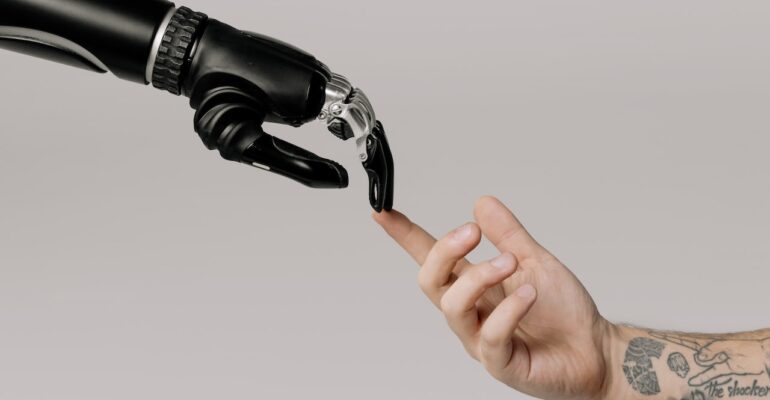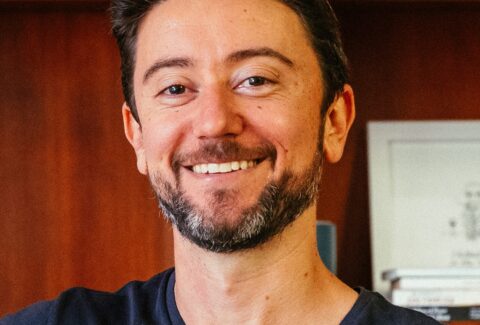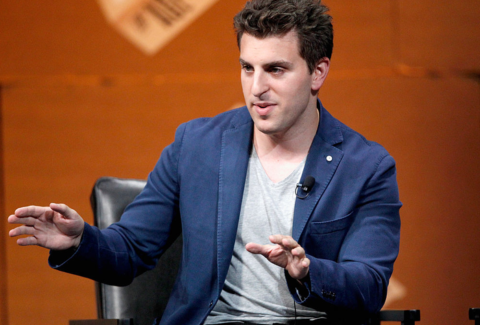A primer on Generative AI
This week’s flagship article is by Tomas Pueyo on the stunning advances in generative AI.
📄 Article/s of the week
a. Generative AI: Everything You Need to Know by Tomas Pueyo
Generative AI is when the tools of AI are used to create something new almost without any human intervention.
In his novel, ‘The Sun Also Rises’, Ernest Hemingway writes:
“How did you go bankrupt?”
“Two ways. Gradually, then suddenly.”
Technological breakthroughs also seem to follow this tendency to happen slowly initially, then all at once.
We seem to be reaching the “suddenly” part of breakthroughs in AI.
In this article, Tomas collates a staggering list of innovations rocking the world of generative AI.
Reading just this section left me breathless:
Here are some examples of companies working in the space2:
– Write text for you: emails, ads, articles… Companies doing this include Jasper3, Copy.ai4, Writer, Writesonic, Peppertype,
– Hypotenuse, Anyword, Copysmith, Scalenut, Postearly, Lex, Rytr5…
– Mem6 can write and rewrite text for you.
– Sudowrite is focused on literature, and helps authors express themselves more poignantly.
– Summari summarizes text.
– Explainpaper.com does the same for scientific papers. A godsend.
– Otter and Fireflies transcribe meetings on top of summarizing them for you
– Character.ai created a marketplace for bots
It’s not hard to see where this is going: The future of this is the perfect personal assistant, coach, friend, or partner for every one of us.
In my courses, I teach participants how to summarise their complex content into shorter forms, connect messages, build narratives, etc. In the near future, I’m guessing folks would be using AI to write clearer emails and create better slides.
Folks like me better figure out how to unlearn and relearn!
b. Get out of the job rut and embrace a ‘portfolio life’ by Ravi Venkatesan
Daniel Pink wrote the book ‘Free Agent Nation‘, which talks about the rise of the self-employed professional – way back in 2001! (talk about being prescient). In the intervening two decades, the world has changed immeasurably enabling millions of folks take the ‘creator economy’ path.
In this short article, ex-Microsoft India Head, Ravi Venkatesan encourages the fence-sitters and reluctant entrepreneurs to take that leap.
He first sets the context of how the world of corporate jobs isn’t as safe as it seems:
… more people (in the age group of 40-70) are struggling to navigate a rapidly changing landscape and simply don’t know what to do next. ‘Work’ is being disrupted like never before. Not so long ago, the market for talent was red hot; now even once mighty tech firms like Meta (the Facebook parent), Netflix and even Microsoft are laying off employees, not to mention startups that are facing a ‘funding-winter’.
And then does not mince words in giving his clear advice (emphasis mine)
The advice I would give people who are in such situations is this: stop thinking about employment and quickly focus on becoming self-employed, a freelancer or possibly even an entrepreneur. Settling for a job should be your last option, not your default choice. A job is still a necessary way to get started professionally but in today’s tumultuous, uncertain world where we are living much longer, we will all need to learn to be independent and self-employed sooner rather than later. So don’t procrastinate; that’s just postponing the inevitable.
How do you do this? The key is to find something you can do that is at the intersection of what you are good at, what you enjoy doing and what the world is willing to pay for.
In other words, find your Ikigai. Not easy, but worth the effort.
(In 2020, I’d written a long post about my own journey to find my Ikigai. Best of luck in your own journey!)
🎧 Podcast episode/s of the week
a. The Reflections of Samarth Bansal – The Seen and the Unseen (podcast by Amit Varma)
I’ve written before about Amit’s monumental podcast effort – his conversations are pretty much the first starting point and the last word on researching any person.
In fact the depth that Amit goes into in his conversations (several of them 5 hours and above), they can be considered as first drafts of the autobiographies of his guests.
Imagine what a rich resource that conversation would be for anyone researching that person. Or any of their children/descendants. Massively important work.
In this conversation with the young, thoughtful and articulate reporter Samarth Bansal, Amit covers several topics, but is valuable for a superb deep-dive into the state of print media and what should be the role of a newsroom.
A couple of quick highlights from the conversation:
– Insider/Outsider Frame: I found this frame (credited to Larry Summers and referenced in the podcast) to be very useful to understand how the world functions:
There are two kinds of political actors in this world: insiders and outsiders. Outsiders are free to speak their truth, Summers explains. But the price of such freedom is irrelevance in the halls of power. Insiders, by contrast, have a seat at the table where history is made. But to keep those seats, they must take care not to criticize other insiders. So, Summers asks his dining companion, which are you?
This frame works in all industries. Media, Pharma, Real Estate, Entertainment. Every industry has its “dirty secrets”. While there are occasionally whistle-blowers who highlight the wrongdoings, they quickly become ‘outsiders’. Thats the price of criticising the system.
– This brilliant line by Steven Pinker on nature vs. nurture: Nature gives you knobs and nurture turns it
🐦 Tweet/s of the week
I liked this framing of ‘freedom of speech’ vs. ‘freedom of reach’.
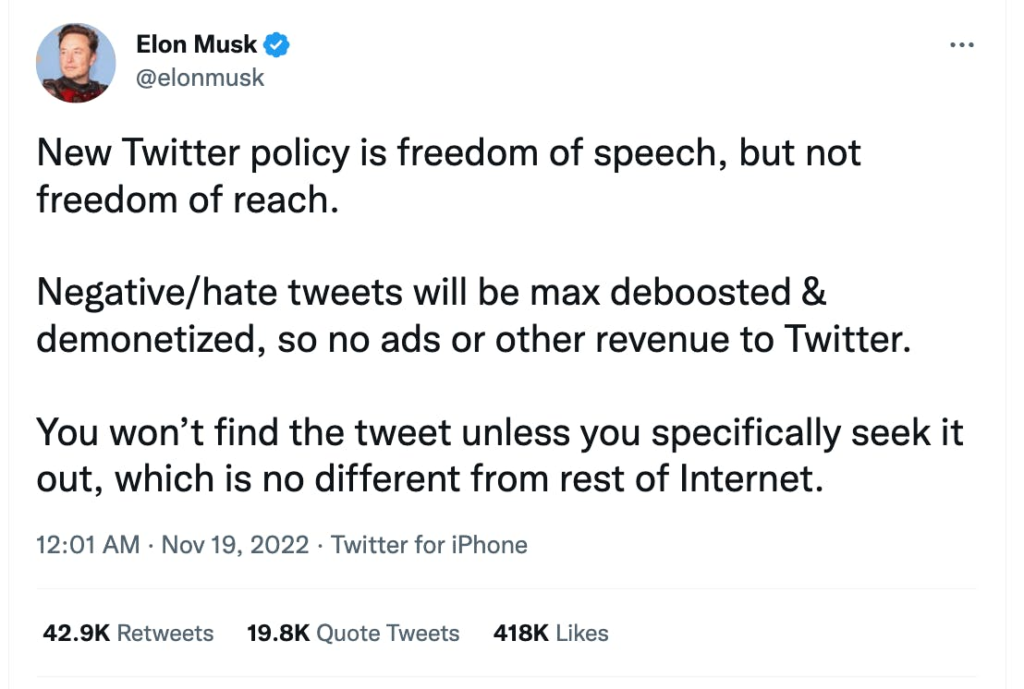
Some more fascinating geography stuff!
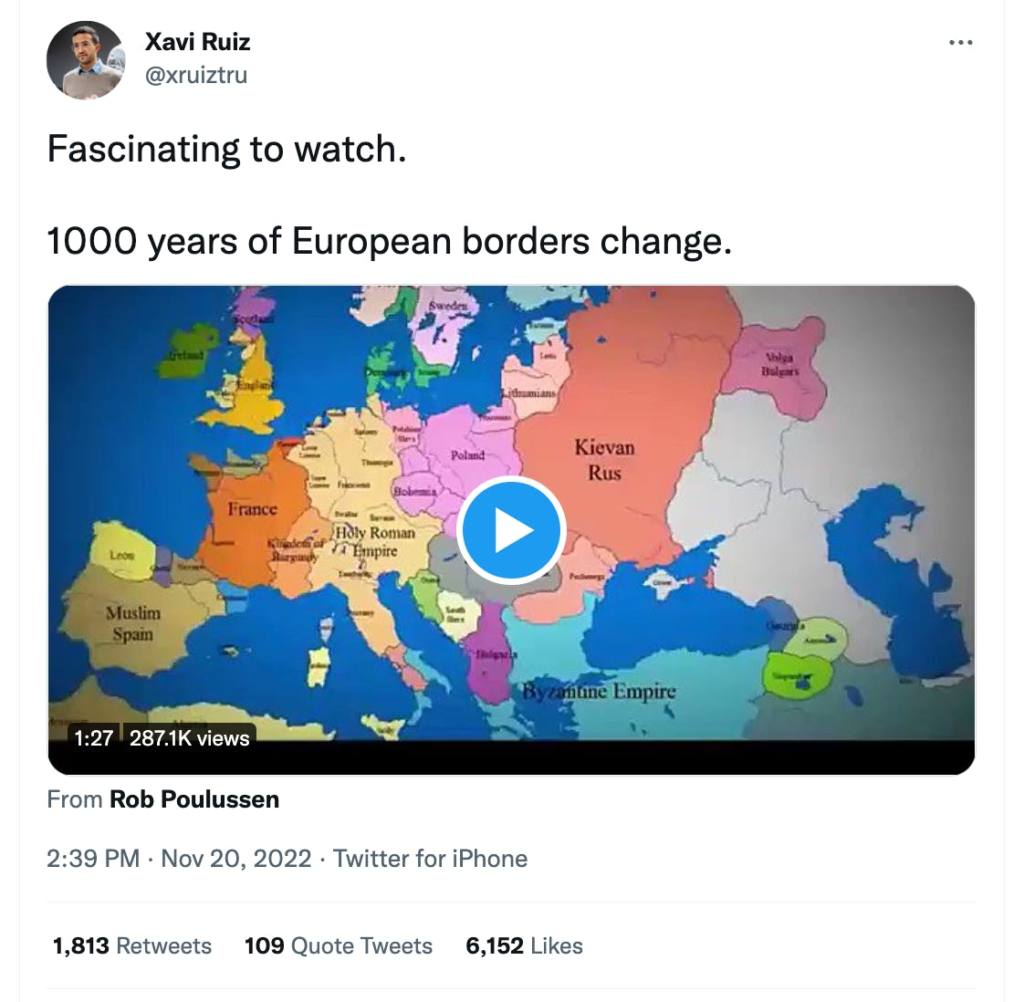
We (my mom) had a Bajaj Sunny in the 1990s in Aurangabad. Some great times. The ads in this thread took me down memory lane!
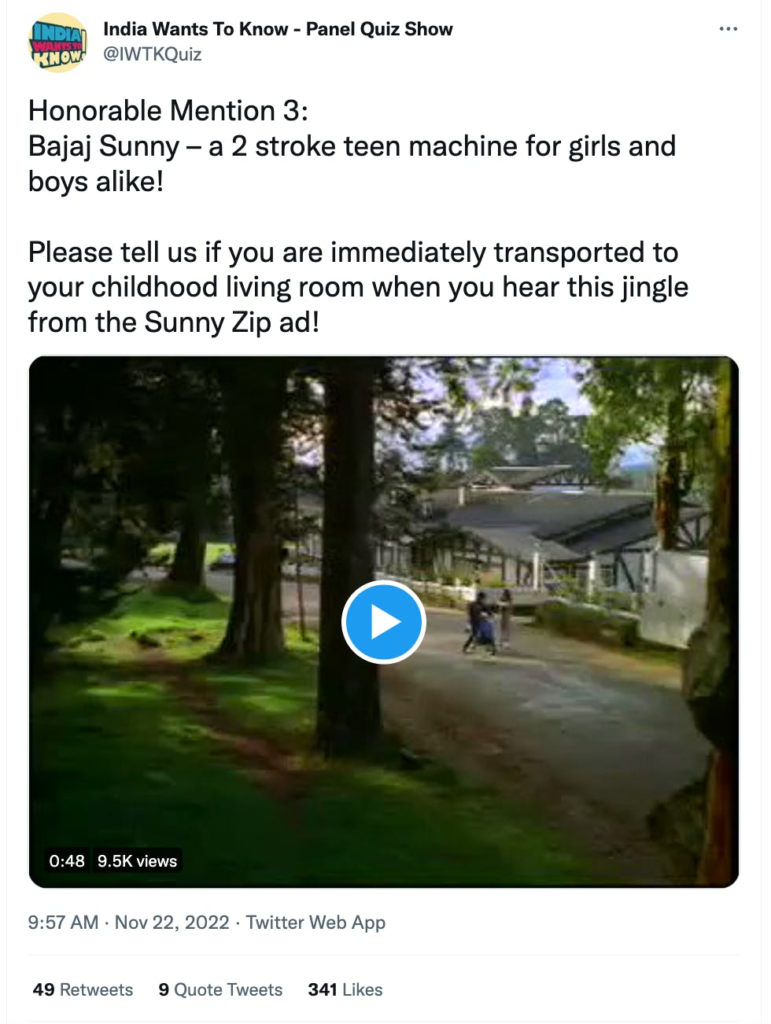
💬 Quote of the week
“People are spending way too much time thinking about climate change, way too little thinking about AI.”
– Peter Thiel
📹 Video of the week
a. Emotional Damage: Asian Parent Punishments 3 by Steven He
I discovered Steven He recently and have been bingeing on his videos. He is a Chinese-Irish YouTuber who creates funny video parodies of Asian parents. I just love his scripting, the sharp editing, his expressions and the hilarious accents.
That’s it folks: my recommended reads, listens and views for the week.
Take care and stay safe.
Photo by cottonbro studio: https://www.pexels.com/photo/bionic-hand-and-human-hand-finger-pointing-6153354/

